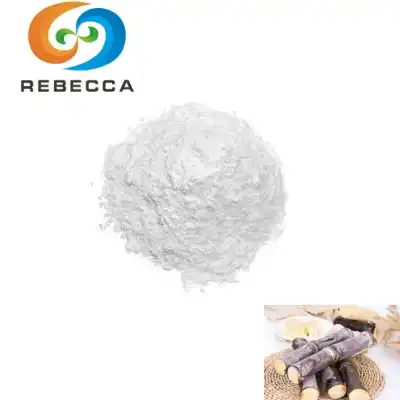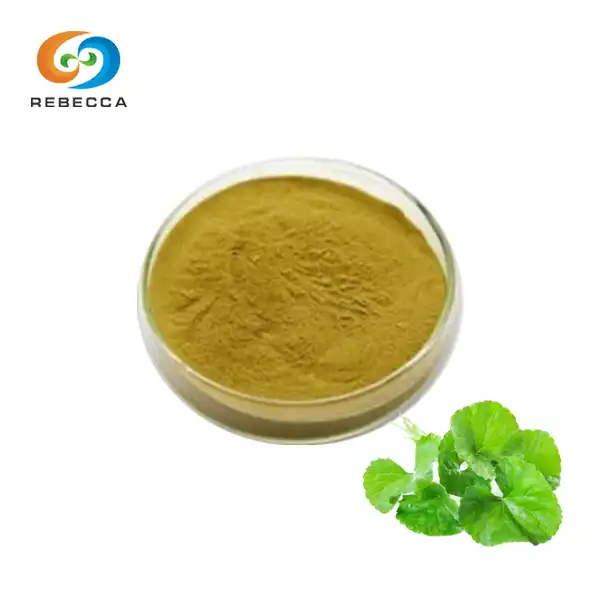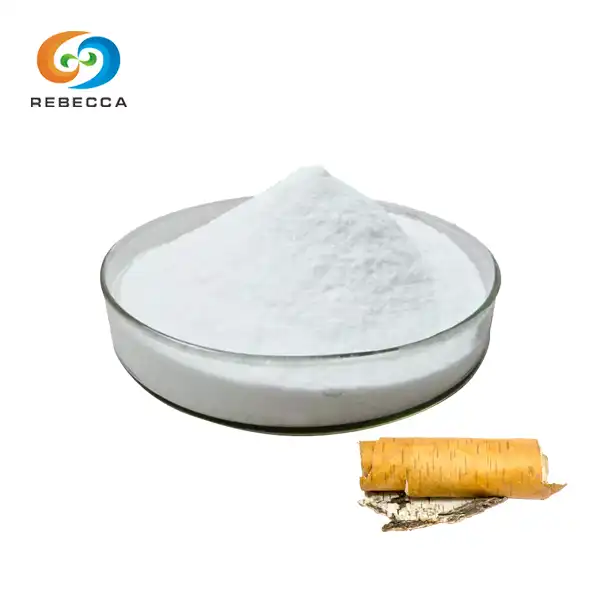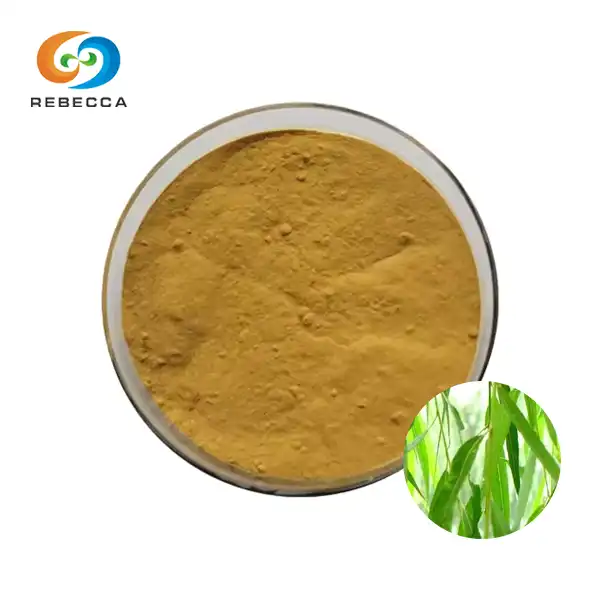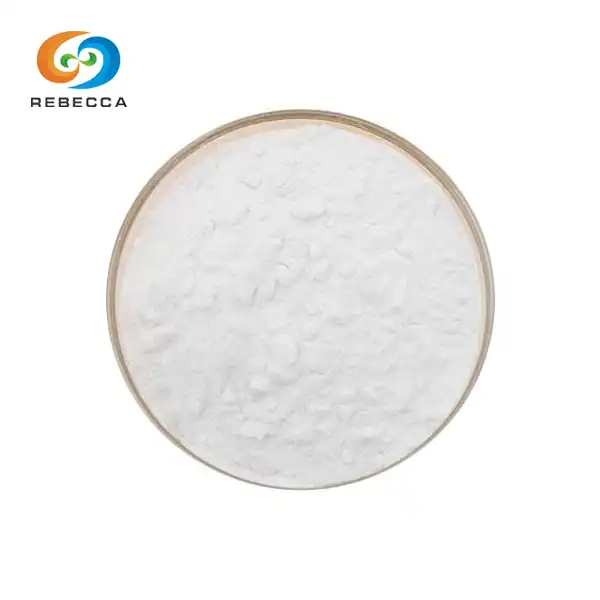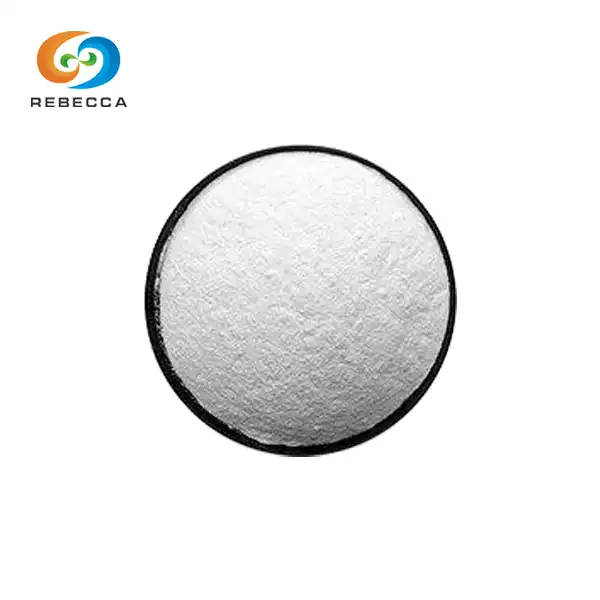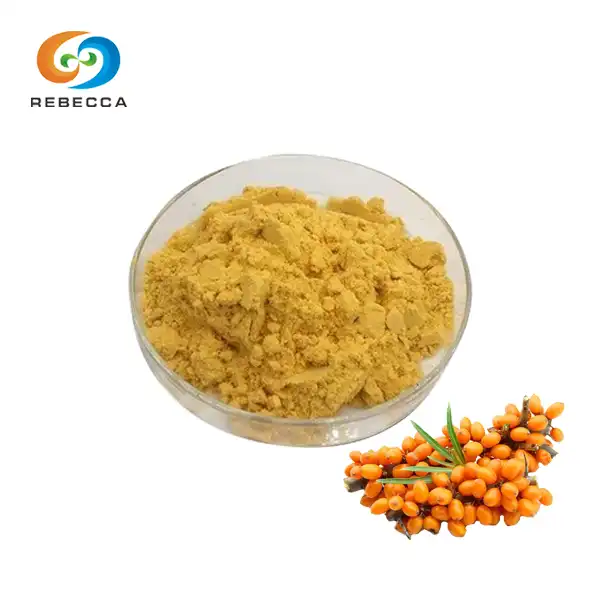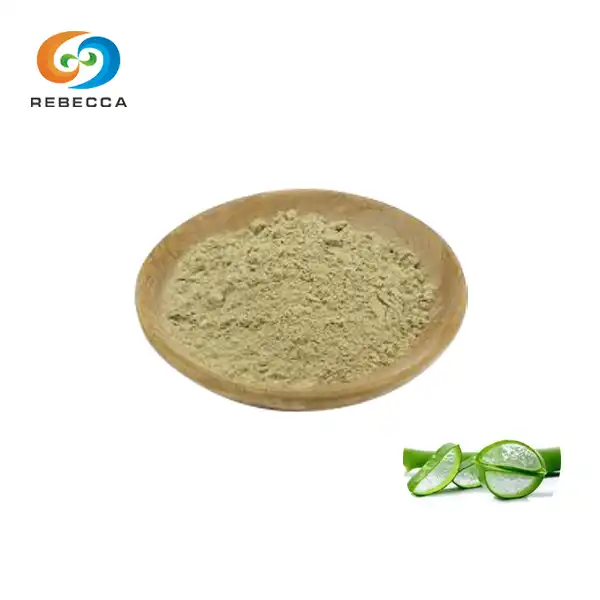Does nutritional yeast have beta glucan?
Nutritional yeast has gained popularity as a vegan-friendly food supplement, but many people wonder about its specific health benefits. One question that often arises is whether nutritional yeast contains yeast beta glucan powder, a powerful immune-boosting compound. Let's dive into this topic and explore the relationship between nutritional yeast and beta glucan
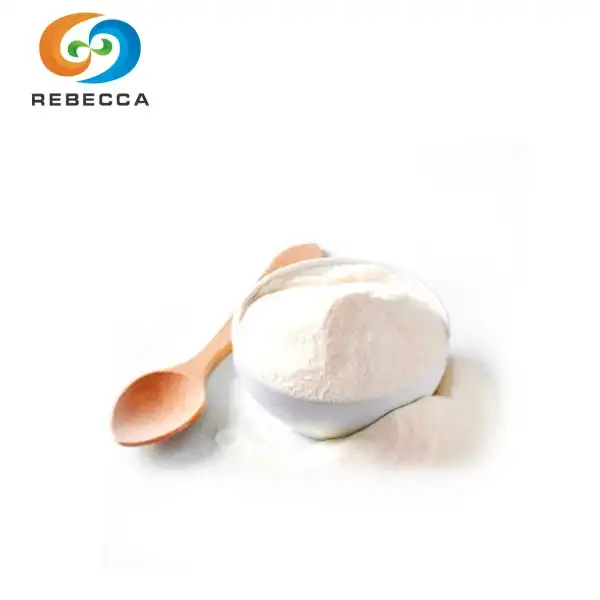
Yeast Beta Glucan Powder
【English name】: Yeast Beta Glucan Powder
【Other name】: Beta-(1,3)-D-Glucan ; yeast dextran
【CAS No.】: 9012-72-0
【Molecular Formula】: (C 6 H 10 O 5 ) N
【Active ingredients】: Beta-1,3-1,6 Glucan
【Specification】: ≥70%
【Grade】 :Food Grade / Cosmetic Grade
【Appearance】: Off-white or yellowish powder
【Mesh size】:80 Mesh
【Test Method】: HPLC
Nutritional Yeast and Beta Glucan
Nutritional yeast, often referred to as "nooch" by enthusiasts, is a deactivated yeast strain typically derived from Saccharomyces cerevisiae. It's known for its nutty, cheesy flavor and is packed with various nutrients, including B vitamins, protein, and minerals. But does it contain the coveted beta glucan?
Beta glucan is a type of soluble fiber found in the cell walls of certain yeasts, bacteria, fungi, and plants. It's renowned for its potential health benefits, particularly its ability to support immune function and heart health. The presence of beta glucan in nutritional yeast depends on several factors, including the specific strain used and the production process.
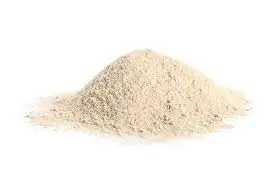
Beta Glucan Content in Nutritional Yeast
The good news is that nutritional yeast does indeed contain beta glucan. However, the amount can vary significantly depending on the manufacturing process and the specific yeast strain used. Some nutritional yeast products may have higher concentrations of beta glucan than others.
It's important to note that while nutritional yeast contains beta glucan, it may not be present in the same quantities or have the same potency as specialized yeast beta glucan powder supplements. These supplements are often formulated to have higher concentrations of beta glucan and may undergo additional processing to enhance their bioavailability.
Impact of Processing on Beta Glucan Content
The processing of nutritional yeast can significantly affect its beta glucan content. During the production of nutritional yeast, the yeast cells are typically heated to deactivate them, which can potentially alter the structure and availability of beta glucan. Some manufacturers may employ specific techniques to preserve or enhance the beta glucan content, while others may focus on other nutritional aspects.
For those specifically seeking the benefits of beta glucan, it's worth noting that specialized yeast beta glucan powder products are available. These products are often derived from baker's yeast (Saccharomyces cerevisiae) and undergo careful processing to isolate and concentrate the beta glucan component.
Health Benefits of Beta Glucan in Nutritional Yeast
While the beta glucan content in nutritional yeast may vary, it can still contribute to overall health benefits. Beta glucan is known for its potential to:
- Support immune system function
- Help manage cholesterol levels
- Promote heart health
- Aid in blood sugar regulation
- Provide prebiotic benefits for gut health
It's important to remember that nutritional yeast offers a range of other health benefits beyond its beta glucan content. Its rich nutrient profile, including B vitamins and protein, makes it a valuable addition to many diets, particularly for those following plant-based eating patterns.
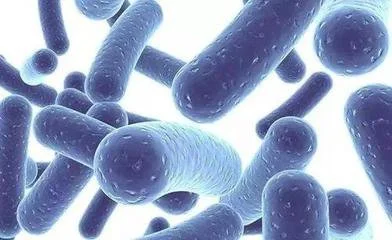
Comparing Nutritional Yeast to Yeast Beta Glucan Powder
While nutritional yeast contains beta glucan, specialized yeast beta glucan powder products offer a more concentrated source of this beneficial compound. These powders are typically derived from the cell walls of Saccharomyces cerevisiae and undergo extensive processing to isolate and purify the beta glucan.
Yeast beta glucan powder is often used as a dietary supplement or ingredient in functional foods and cosmetics. It's valued for its high concentration of beta-1,3/1,6 glucan, which is considered one of the most biologically active forms of beta glucan.
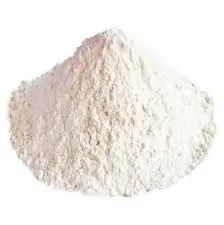
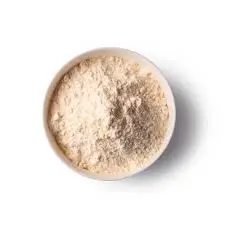
Incorporating Beta Glucan into Your Diet
If you're looking to increase your beta glucan intake, both nutritional yeast and yeast beta glucan powder can be valuable additions to your diet. Nutritional yeast can be sprinkled on various dishes, added to sauces, or used as a cheese substitute in vegan recipes. It provides a range of nutrients along with some beta glucan content.
For those seeking a more concentrated source of beta glucan, yeast beta glucan powder supplements may be a more suitable option. These can be added to smoothies, beverages, or incorporated into various recipes. However, it's always advisable to consult with a healthcare professional before starting any new supplement regimen.
Future of Beta Glucan Research
As interest in natural health-promoting compounds continues to grow, research into beta glucan and its various sources, including nutritional yeast, is likely to expand. Scientists are exploring new ways to enhance the beta glucan content in food products and improve its bioavailability. This ongoing research may lead to the development of more potent and effective beta glucan-rich products in the future.
FAQ
Q1: Can I get enough beta glucan from nutritional yeast alone?
A: While nutritional yeast does contain beta glucan, the amount can vary. For those specifically seeking high doses of beta glucan, specialized supplements may be more appropriate. However, nutritional yeast can still contribute to your overall beta glucan intake along with providing other valuable nutrients.
Q2: Is yeast beta glucan powder safe for people with yeast allergies?
A: Individuals with yeast allergies should exercise caution and consult with a healthcare professional before using yeast-derived beta glucan products. While the purification process removes most yeast proteins, there may still be a risk of allergic reactions in sensitive individuals.
Yeast Beta Glucan Powder Supplier: Rebecca Bio-Tech
For those interested in high-quality Beta-(1,3)-D-Glucan, Rebecca Bio-Tech stands out as a reputable supplier. Specializing in plant extracts and herbal active ingredients, Rebecca Bio-Tech offers yeast beta glucan powder with a minimum purity of 70%. Their product, also known as Beta-(1,3)-D-Glucan or yeast dextran (CAS No. 9012-72-0), is available in food and cosmetic grades.
Rebecca Bio-Tech's yeast dextran is characterized by its off-white to yellowish appearance and 80 mesh size, ensuring easy incorporation into various formulations. With their dedication to quality and extensive experience in natural extracts, Rebecca Bio-Tech is well-positioned to meet the growing demand for beta glucan in the pharmaceutical, health product, beverage, and cosmetic industries.
For more information or to inquire about their Beta-(1,3)-D-Glucan, you can reach out to Rebecca Bio-Tech at information@sxrebecca.com. Their commitment to research, development, and high-quality production makes them a reliable partner for your beta glucan needs.
References
- Vetvicka, V., & Vetvickova, J. (2007). Physiological effects of different types of β-glucan. Biomedical Papers, 151(2), 225-231.
- Zhu, F., Du, B., & Xu, B. (2016). A critical review on production and industrial applications of beta-glucans. Food Hydrocolloids, 52, 275-288.
- Kofuji, K., Aoki, A., Tsubaki, K., Konishi, M., Isobe, T., & Murata, Y. (2012). Antioxidant Activity of β-Glucan. ISRN Pharmaceutics, 2012, 125864.
- Rahar, S., Swami, G., Nagpal, N., Nagpal, M. A., & Singh, G. S. (2011). Preparation, characterization, and biological properties of β-glucans. Journal of Advanced Pharmaceutical Technology & Research, 2(2), 94-103.
- Rop, O., Mlcek, J., & Jurikova, T. (2009). Beta-glucans in higher fungi and their health effects. Nutrition Reviews, 67(11), 624-631.
